Topic: Spatial Fragmentations 2.0 – Procedural Modelling with Houdini
Date: March 30 – 31, 2024
Time: 14:00 – 18:00 GMT
Format: Online on Zoom
Duration: 2 Sessions (8 Hours)
Registration Deadline: March 29, 2024
Total Seats: 50 seats
Difficulty: Intermediate – Advanced
Language: English
Certificate: Yes
General Registration: 90 EUR
Fee For Digital Members: 77 EUR (15% discount available only for Digital Members)
Organized By: PAACADEMY
Tutor: Mümün Keser
Recordings: Recordings will be available for all participants afterward indefinitely.
Introduction
Spatial Fragmentations 2.0 – Procedural Modelling with Houdini
In the Spatial Fragmentations 2.0 workshop, we will explore Houdini’s full potential to create complex models. This workshop is aimed at advanced users who would like to learn VEX and Foreach looping techniques in detail. Over two days, participants will get hands-on experience with Houdini and learn to create complex workflows that can be used in different architectural contexts. The main goal is to familiarize each participant with VEX coding in Houdini and reveal advanced techniques for efficient software usage.
The Scope of the Workshop:
The course aims to equip participants with the required skills to effectively use the VEX coding interface embedded in Houdini to enhance details in various forms. Throughout the program, participants will learn recursive techniques and their integration with specific attractors. Moreover, they will have the opportunity to learn to use VEX to create custom-guided vector fields to drive growth simulations. Furthermore, the course will provide participants with hands-on experience in node-based procedural modeling in Houdini, and they will learn about various geometry and surface-based functionalities.
In addition to this, the program will cover comprehensive instruction on VEX and for each loop, allowing participants to develop a deep understanding of these techniques. Additionally, the course will showcase various techniques for finalizing and refining the geometries created to prepare them for rendering or exporting in other software. Through detailed demonstrations, participants will learn how to incorporate a Grasshopper workflow into their Houdini workflow, enhancing their proficiency in the software. Lastly, participants will have the option to work on tasks individually or in groups, providing them with a collaborative learning experience.
Objectives
Throughout the course, participants will be able to explore various approaches they can integrate into their workflows for specific tasks. Additionally, they will realize the level of control they have over the design process and discover procedural techniques for creating geometries with endless variations.
Moreover, by the end of the course, students will be equipped with the skills to develop their procedural applications and models, which can be implemented in different tasks and applications. Furthermore, the participants will understand how important it is to plan and design carefully for the project and the workflow itself.
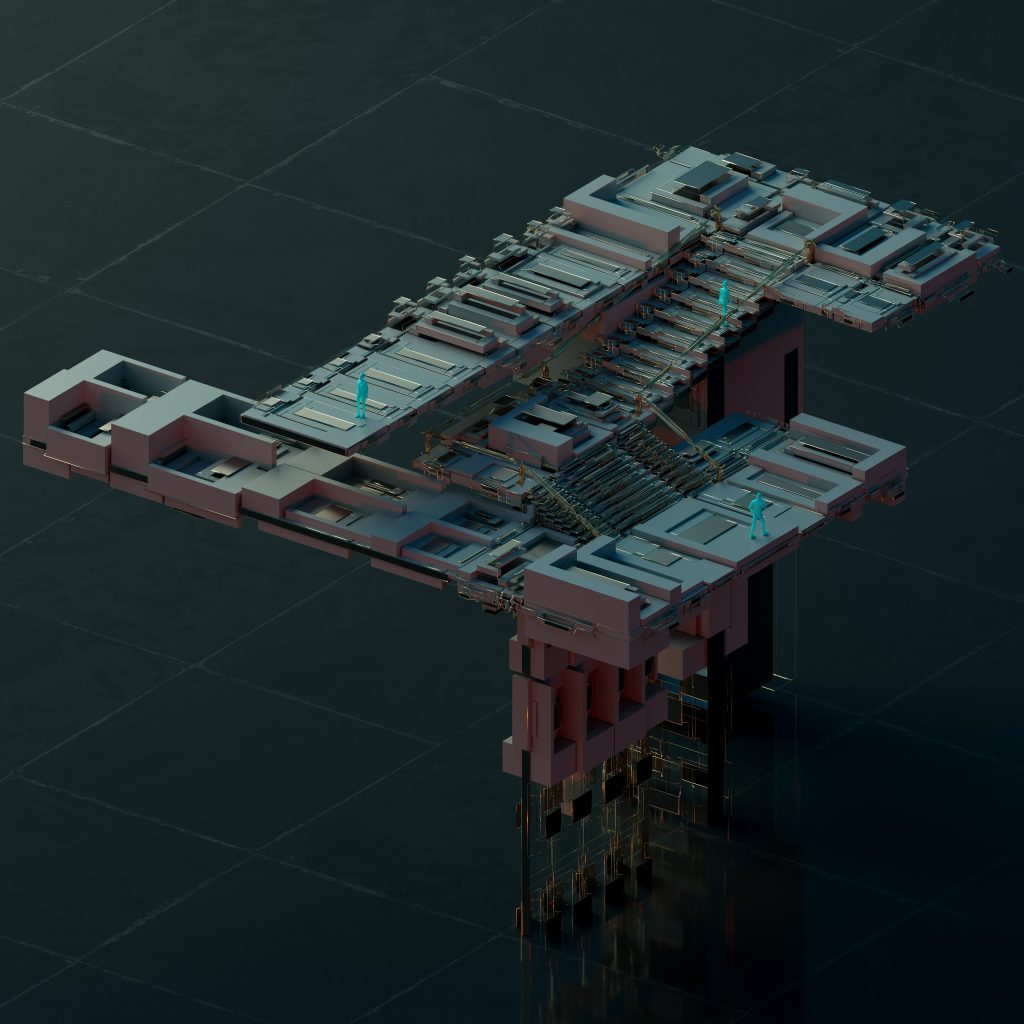
Program:
Session 1: Saturday, March 30th
- Lecture – General Overview of the Workshop
- Session-00 – Procedural modeling techniques – spatial division
- Session-01 – Growth Techniques – Line Branching
- Assignment
Session 2: Sunday, March 31st
- Session-01 – Learning Attractors to enhance the model
- Session-02 – Houdini & Grasshopper Implementations
- Q&A And Recap
- Project-oriented discussion and reviews
Software:
- SideFX HOUDINI – Apprentice Version is enough. Download
- Rhino 7 – Grasshopper ? houGH (Download) , millipede (Download).
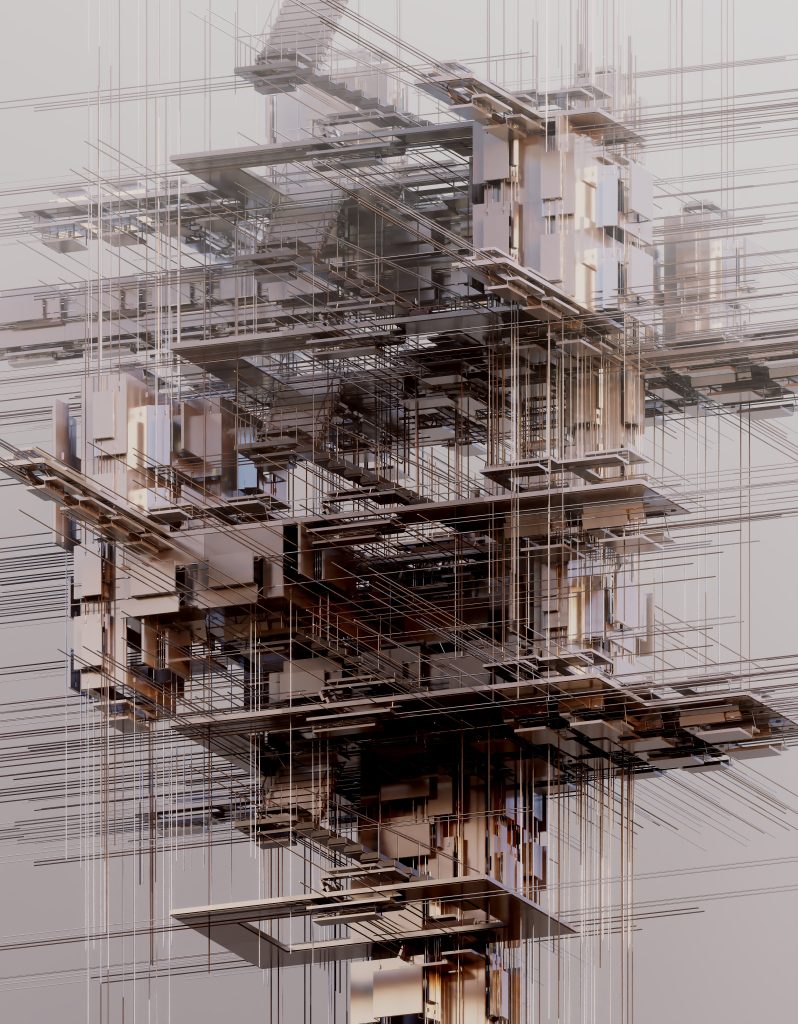
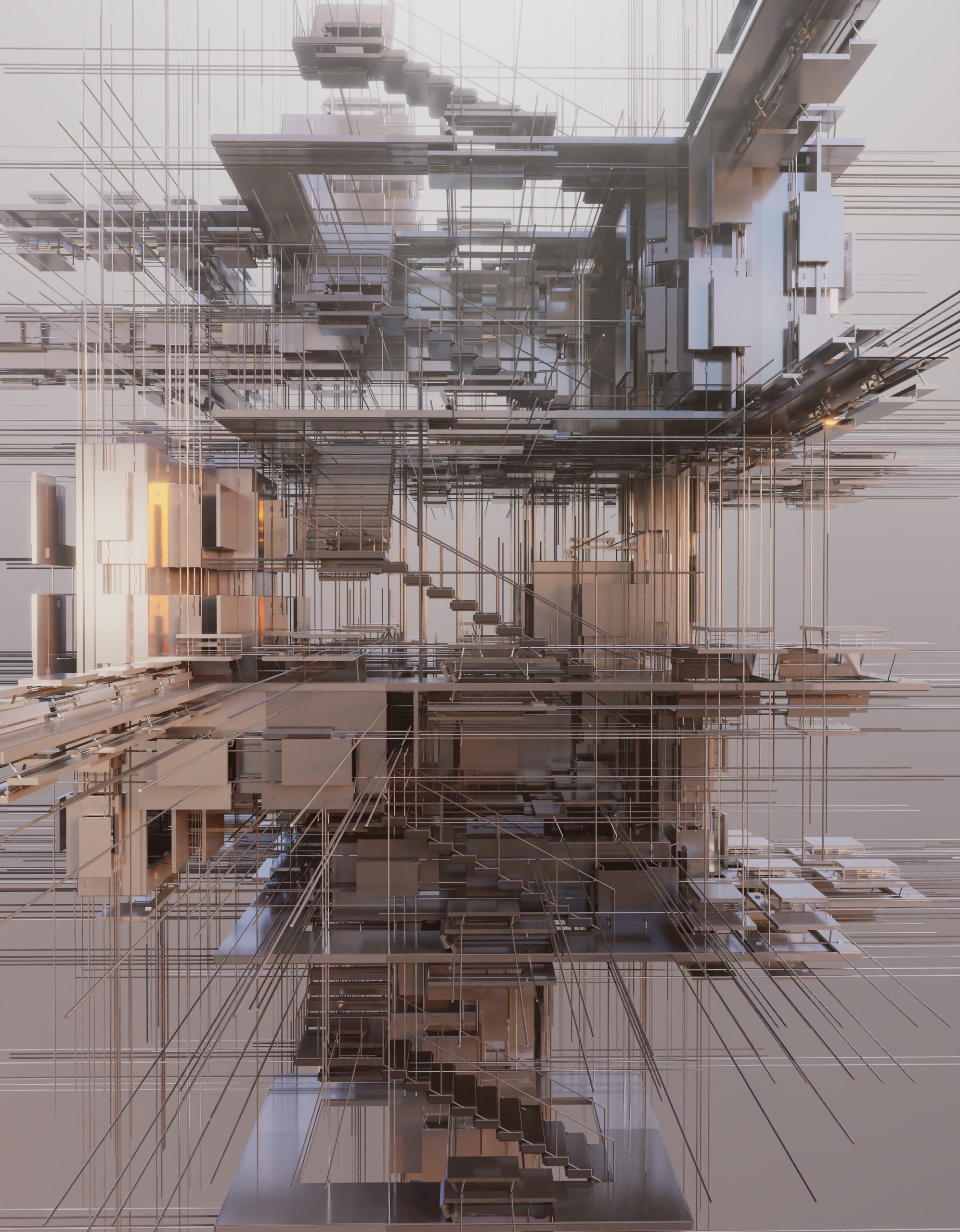
Instructor:
Mümün Keser
Mümün Keser is an architect, speculative artist, and computational designer from Austria; he places himself on the bridge between real and virtual and tries to intertwine these opposing areas. He is known for his interest in data-driven design techniques and experimental spatial investigations. His most recent works contain various architectural designs mainly concerned with bringing media into architectural expression and searching for contradictory processes that lead to a design outcome and particular experiences.
Mümün received his master’s degree from the University of Innsbruck and is currently contracted as a research assistant and lecturer at the Institute for Experimental Architecture and Building Construction under Prof. Marjan Colletti and Prof. Karolin Schmidbaur. He also works as a freelance designer, educator, and artist. He held workshops for numerous people in various fields for organizations and universities, such as the University of Innsbruck, IAAC Barcelona, UCL Bartlett London, and Futurly.
Important Notes:
- The “Spatial Fragmentations 2.0 – Procedural Modelling with Houdini” Studio workshop by PAACADEMY will start on Saturday, 30th March 2024, at 14:00 (GMT).
- Total sessions: 2 Sessions
- The teaching duration per session will be 4 hours.
- Students will have time for a break between teaching hours.
- Each session and the entire studio will be recorded, and videos will be available for participants just a day after the class for unlimited time.
- PAACADEMY will provide a certificate of attendance.
- The studio has limited seats. Tickets are non-transferable & non-refundable. Please read carefully before you register.
Topic: AI-Augmented Creative Workflows: Generative Techniques
Date: March 30 – 31, 2024
Time: 14:00 – 18:00 GMT
Format: Online on Zoom
Duration: 2 Sessions (8 Hours)
Registration Deadline: March 29, 2024
Total Seats: 50 seats
Difficulty: Intermediate – Advanced
Language: English
Certificate: Yes
General Registration: 90 EUR
Fee For Digital Members: 77 EUR (15% discount available only for Digital Members)
Organized By: PAACADEMY
Tutor: Mümün Keser
Recordings: Recordings will be available for all participants afterward indefinitely.
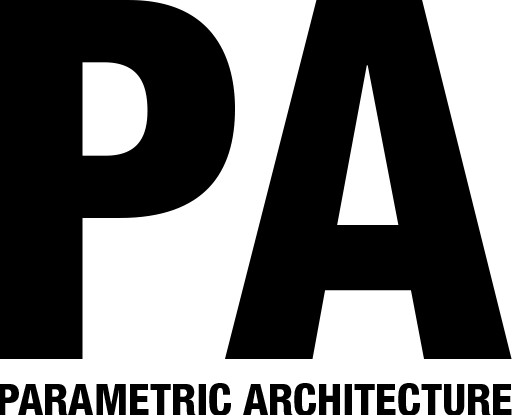



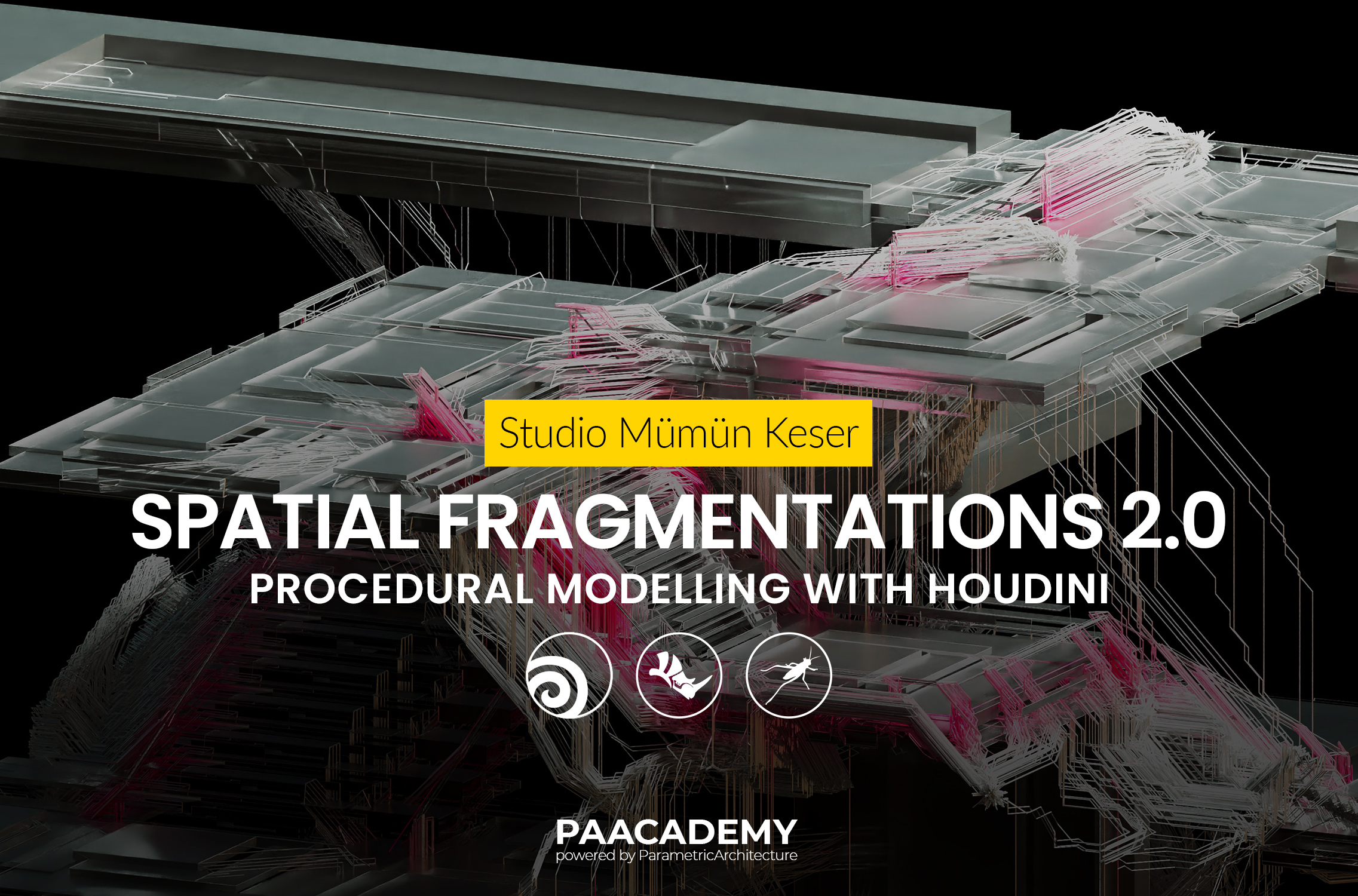
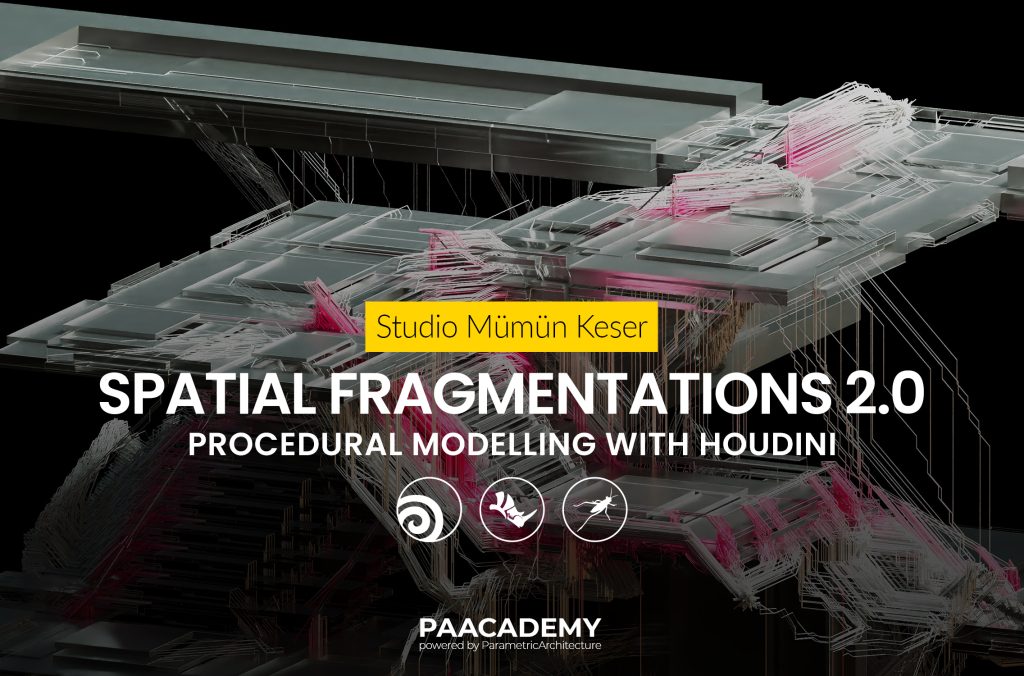
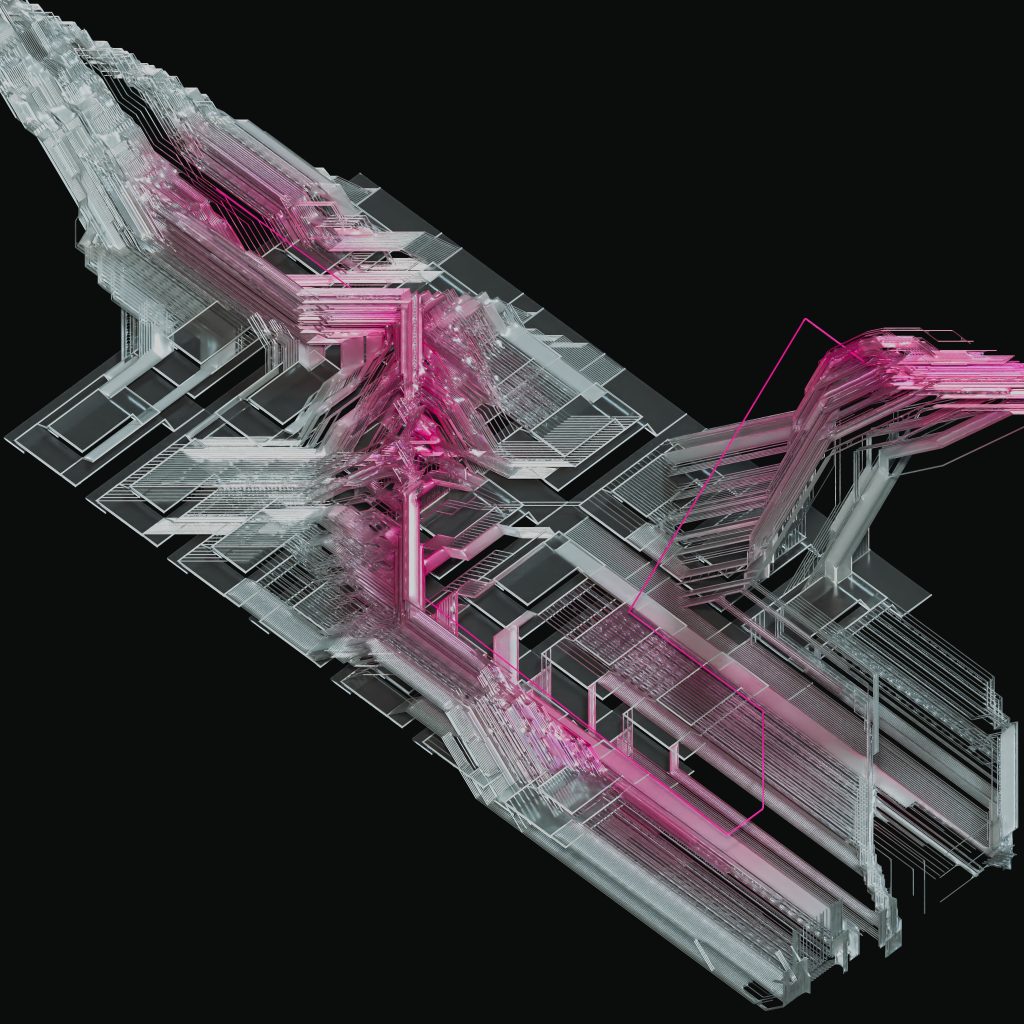
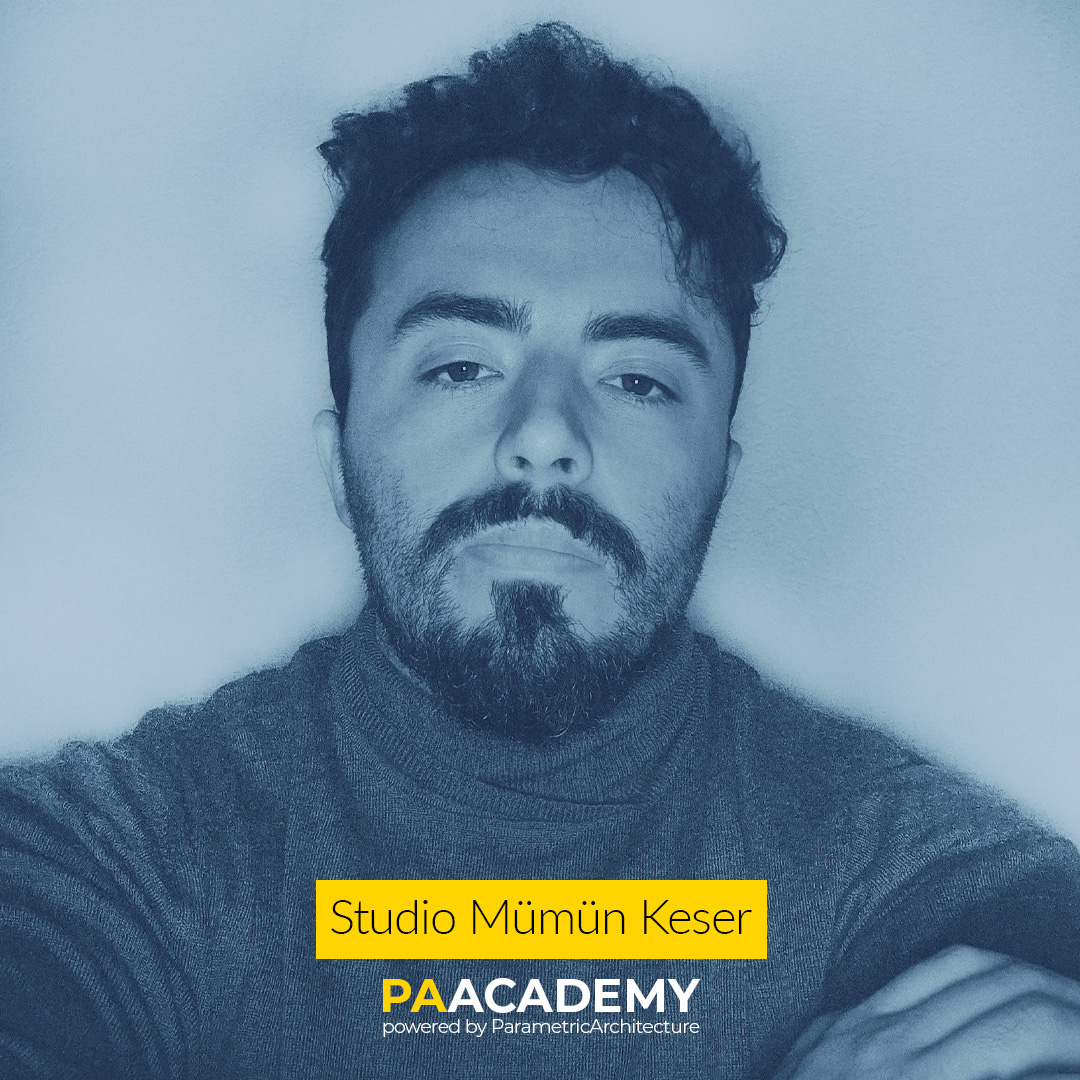

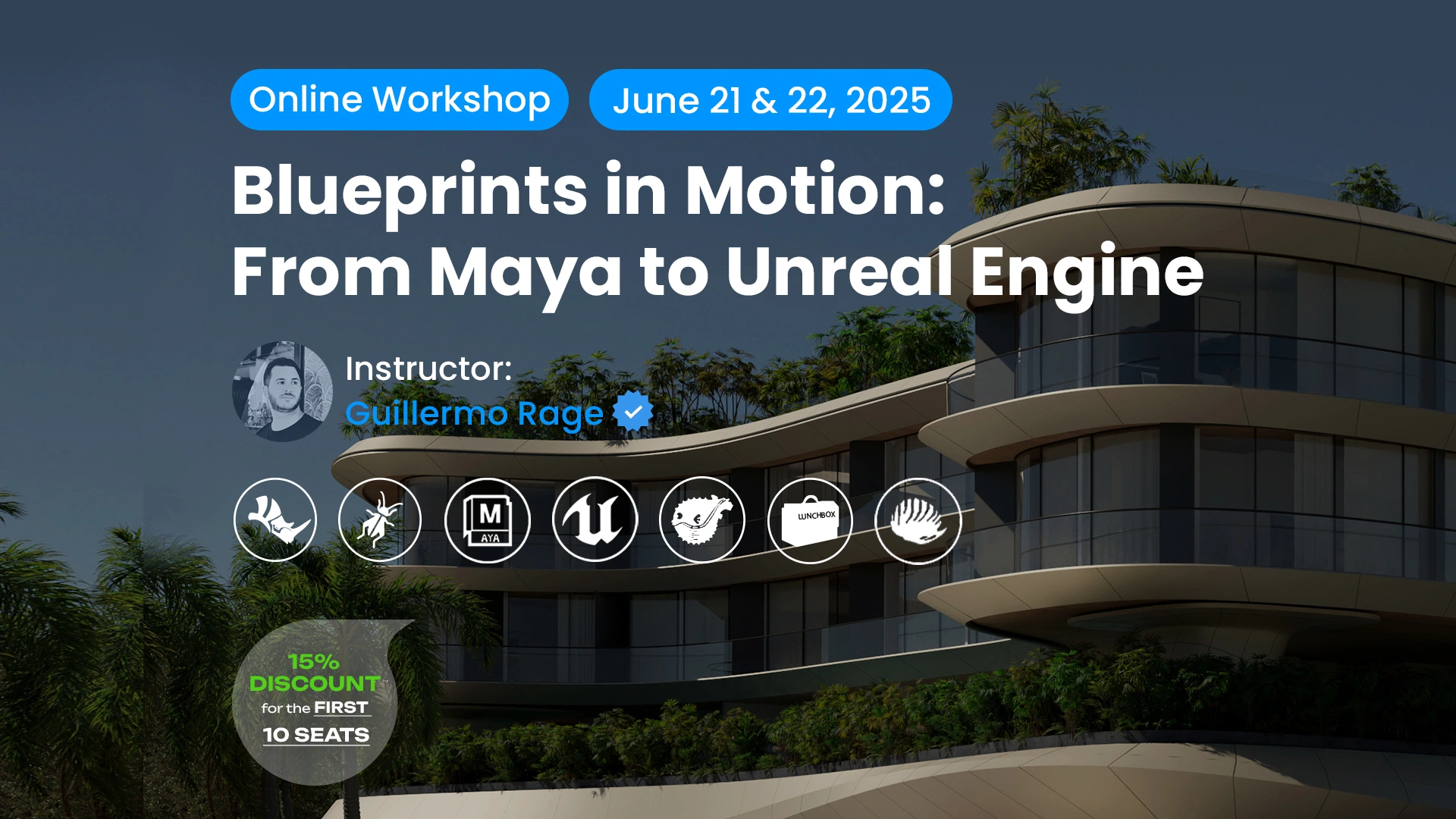
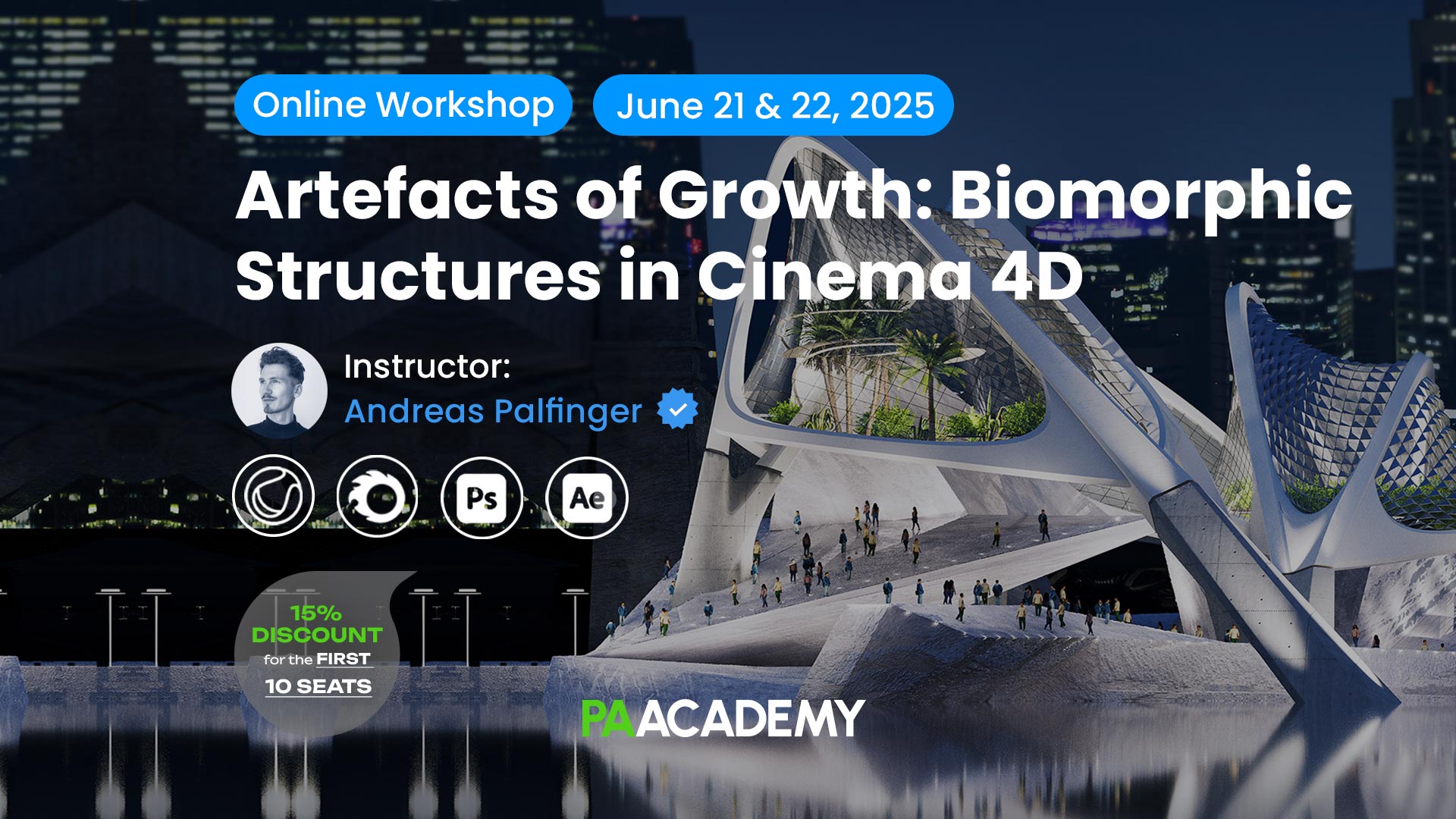
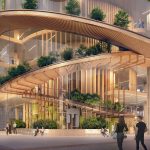

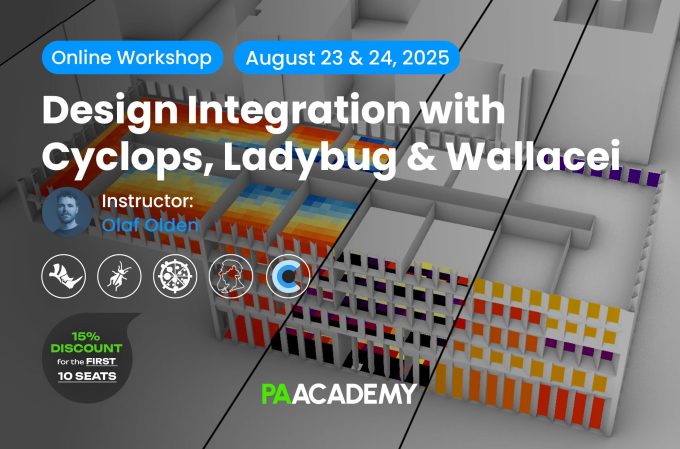
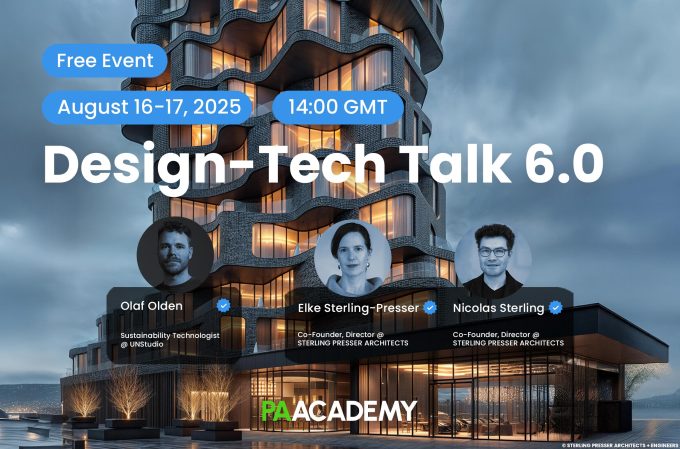
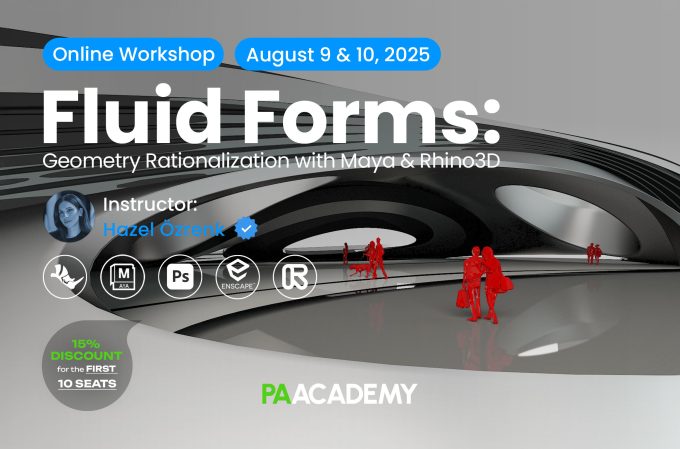
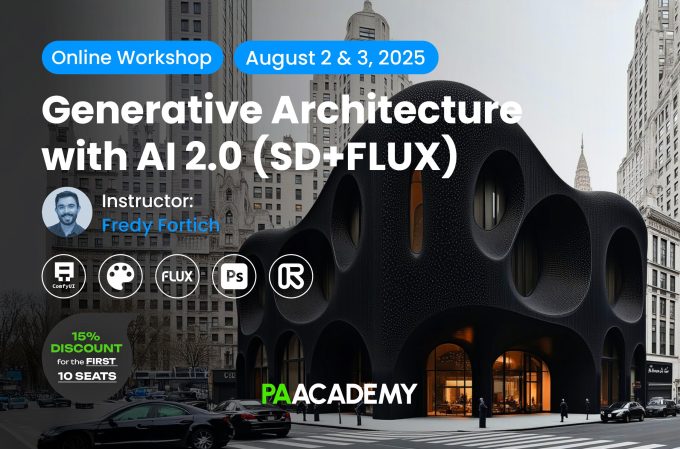




Leave a comment